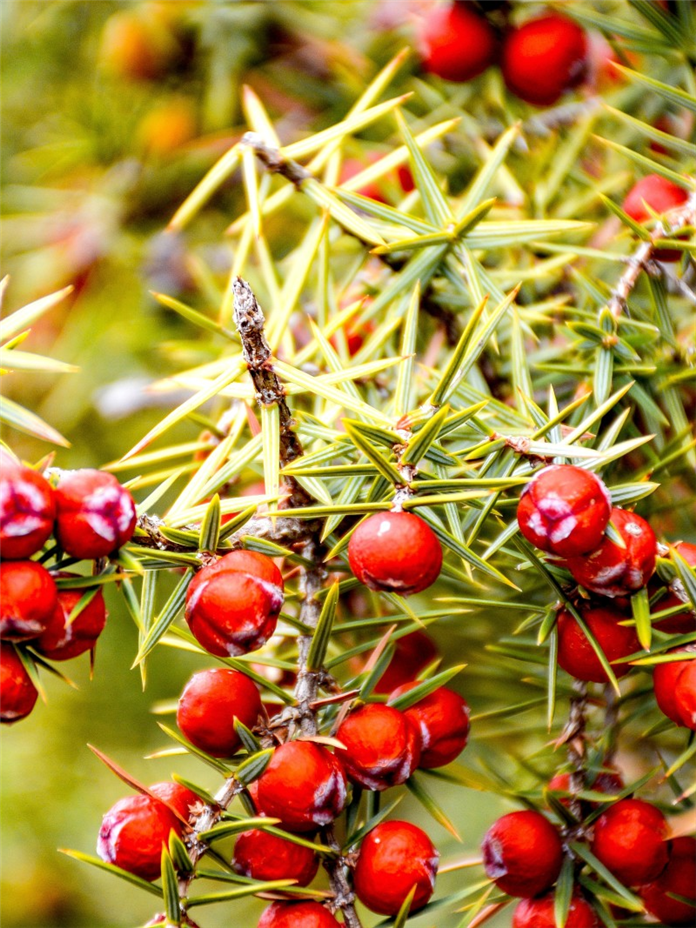Widely used as a herbal remedy, hawthorn berry is consumed in various forms including herbal tea. Read on to know more about this herbal tea.

Tap to Read ➤
Hawthorn Berry Tea
Sonia Nair


Widely used as a herbal remedy, hawthorn berry is consumed in various forms including herbal tea. Read on to know more about this herbal tea.

You might have heard about hawthorn berries and their health benefits. You may also come across various types of hawthorn supplements in health stores. Hawthorn berries are the small, red fruits that are produced by some plants belonging to the genus Crataegus in the rose family (Rosaceae). This genus contains different species of hawthorn plants that can be found as shrubs or trees. These berries have long been used by humans for both culinary as well as medicinal purposes.

In fact, hawthorn berries have been used in the traditional Chinese medicine as well the European folk medicine, throughout the centuries. Nowadays, this herbal product is available in the form of supplements too. You can easily find hawthorn tea, liquid extract, tincture, tablet, etc, in health stores. One of the easiest methods of using these berries is in the form of herbal tea.

Hawthorn Berry Tea Recipe

Hawthorn berries are commonly used in the form of tea. As it has various medicinal properties, it is always advisable to use this herbal tea as per the instructions of a qualified medical practitioner. You must inform the herbalist about your medical condition as well as current medications. Hawthorn berry tea can be easily prepared at home, with the help of the following recipes.

Method I
Take a stainless steel saucepan and add ¼ cup of dried hawthorn berries in it. Now pour three cups of water and place the saucepan on high heat. As the water boils, reduce the heat to low or medium. Wait till the tea get reduced to a single cup.

Once done, you can strain and use the tea with natural sweeteners like honey. This preparation method will be useful for those who require a stronger dose of hawthorn berry, as advised by their herbalist.

Method II
Another method is to steep hawthorn berries in boiling water. All you have to do is to add a teaspoon of dried berries in a cup. Pour boiling water and let it steep for at least ten minutes. After that, strain the tea before use. You may also store the tea in the refrigerator for three days. Some people use soaked hawthorn berries for making tea.

Method III
If you want a slightly fresh flavor for this herbal tea, add some dried lime blossoms and grated zest to the berries, while making tea. For making a cup of this lemon-hawthorn berry tea, you have to use a tablespoon each of dried hawthorn berries and dried lime blossoms, along with two cups of boiling water and half a teaspoon of grated lemon zest. Allow them to steep for around 15 to 20 minutes. Once done, strain and use the tea.

Dried whole berries are said to be ideal for making herbal teas. However, you may also opt for powdered berries or hawthorn berry tea bags. It will be better for you to confirm the preparation method with the herbalist. You must also make sure that the tea is taken in the right hawthorn berry dosage, which can be best decided by a qualified herbalist only.

Benefits of Hawthorn Berry Tea

As mentioned above hawthorn berry has been attributed with various health benefits. The most important among them is its so-called cardiovascular benefits. These berries are believed to be highly effective in boosting the function of this bodily system.

Hawthorn berries are said to improve blood circulation and strengthen heart muscles. Even high cholesterol levels are said to be lowered by these berries. So, they are used for promoting cardiovascular functions as well as to treat problems affecting this system.

Apart from being used for maintaining normal blood pressure levels, hawthorn berries are also used to treat inflammatory conditions.

Though hawthorn berries are said to be safe, it may cause side effects in some users. Pregnant women must strictly avoid this herb. Some of the hawthorn berry tea side effects could be as mild as skin rash, nausea, stomach upset, sleepiness, sweating and dizziness.

Some may develop severe side effects like breathing trouble and palpitations. Even drug interactions may occur. So, never take this herbal tea without consulting a qualified herbal practitioner. If you develop side effects, discontinue use of this herb and contact your doctor.

Disclaimer: This story is for informational purposes only and should not be used as a replacement for expert medical advice. Visiting your physician is the safest way to diagnose and treat any health condition.